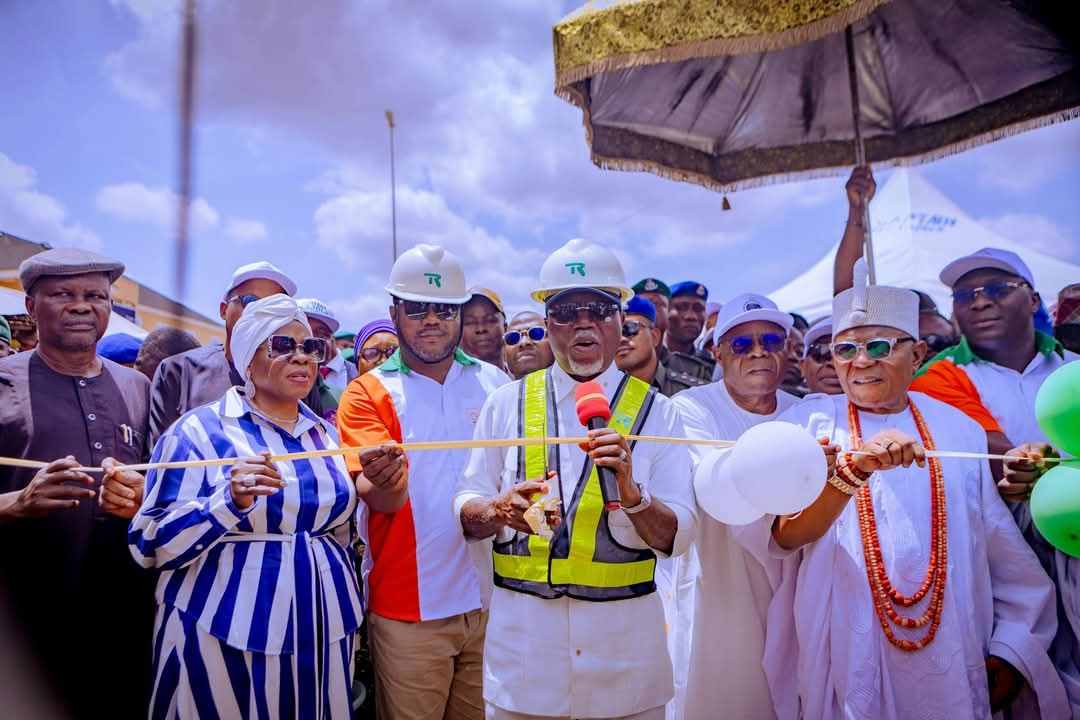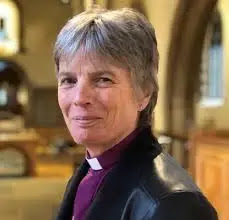The Ondo State Government’s decision to commence the dualization of the Akure–Idanre Road has been met with widespread commendation, with stakeholders describing it as a forward-thinking infrastructure initiative with immense economic potential.
Dr. Femi Akinkuebi, a respected development expert, praised the move in a recent commentary, calling it “a masterstroke of infrastructural planning guided by sound economic reasoning.”
He emphasized that the project is more than a road upgrade—it is a strategic investment aimed at unlocking the economic opportunities embedded within one of the state’s most critical corridors.
Unlike many infrastructure projects across Nigeria that are often limited to political symbolism, Akinkuebi noted that this one stands out for its focus on long-term economic benefits.
Central to the project’s significance is its link to Idanre Hill, a renowned natural wonder and nominee for UNESCO World Heritage status.
The dilapidated state of the road leading to the site has long hindered tourism growth.
Akinkuebi stressed that the new dual carriageway would significantly boost tourist access, attract hospitality investments, and create thousands of jobs in the cultural and service sectors.
“A modern road means more tourists, more hotels, more thriving local businesses, and more jobs for our people,” he said. “This is how to activate a tourism economy.”
Beyond tourism, the project also promises to transform agricultural logistics. Idanre is a key cocoa-producing area, reportedly contributing over 30% of Ondo State’s cocoa output. Poor road conditions have affected the transport of produce, leading to post-harvest losses and higher operational costs.
“With this dualization, farmers can reach markets faster, transporters can reduce vehicle wear and tear, and agribusinesses can function more efficiently,” Akinkuebi added. “This is a road to economic acceleration—from exports to regional trade.”
He also commended Governor Lucky Aiyedatiwa for what he described as a “bold and visionary leadership decision,” positioning Ondo as a state committed to using infrastructure as a tool for development.
“This road is more than a link between Akure and Idanre—it is a pathway to economic renewal,” he concluded.
The project has been warmly received by residents and business operators, who see it as a long-awaited intervention.
A local cocoa merchant in Idanre expressed hope: “We’ve struggled with this road for years. If this government delivers on the dualization, it will change everything.”
Observers now urge the state government to ensure the project is executed with transparency, quality, and a strong focus on public interest.







